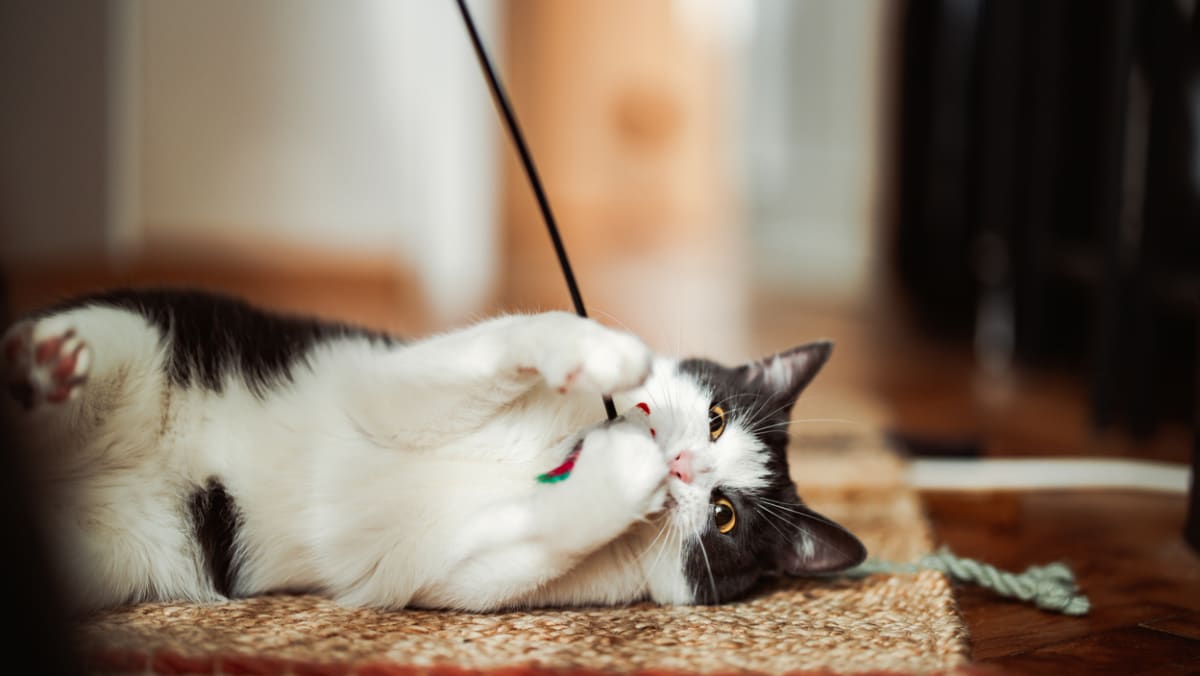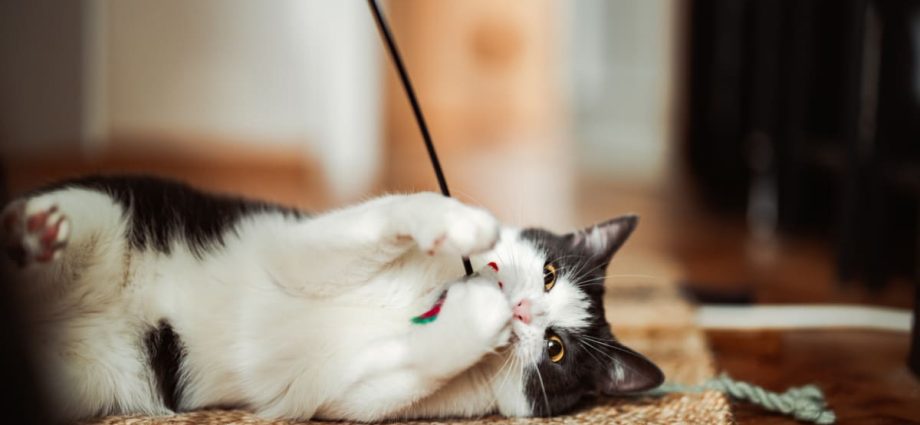
LICENSING CATS
Most of the respondents agreed that microchipping and licensing cats could help to improve the health, welfare, and traceability of the animals.
“If a pet is diagnosed with an infectious disease, especially a zoonotic one, it is important to be able to trace its whereabouts, close contacts, and health status,” said AVS.
“Enhancing traceability would enable AVS to react more expediently in the event of a disease outbreak.”
Most respondents agreed that licensing would result in greater accountability on the part of cat owners.
“This would mitigate issues such as pet abandonment and associated cat-related feedback. In addition, it would allow lost pets to be reunited with their owners more quickly,” AVS said.
Close to 80 per cent of respondents also agreed that first-time dog and cat owners should attend a mandatory course for them to be equipped with basic pet care skills.
COMMUNITY CATS
On the issue of community cats, eight in 10 people surveyed agreed that a proposed programme to sterilise and microchip these animals would be effective in managing the stray cat population.
Under the proposed Trap-Neuter-Rehome/Release-Manage programme, AVS will continue to work with animal welfare groups.
“Sterilised cats will then be rehomed through rehoming partners where possible, while the remaining cats will be released back into the community, where they can continue to be responsibly cared for by community cat caregivers,” the agency added.
AVS said it will continue to engage various stakeholders through focus group discussions, before refining the proposed approach to cat management for another round of consultation.
It added that it will seek feedback on the measures it intends to implement, to give households and stakeholders sufficient time and support to adapt to any changes that may be introduced.
Members of the public can give their feedback on the survey findings or the proposed approach on AVS’ website.

